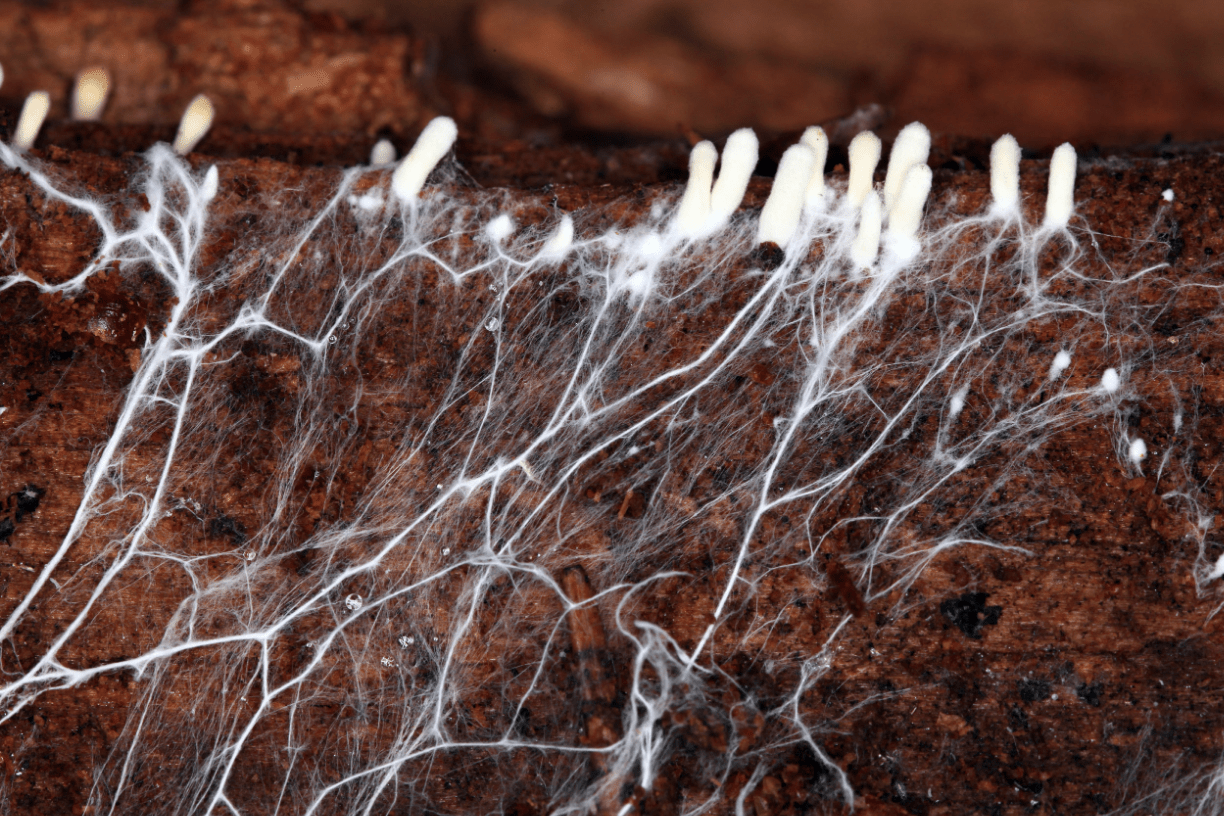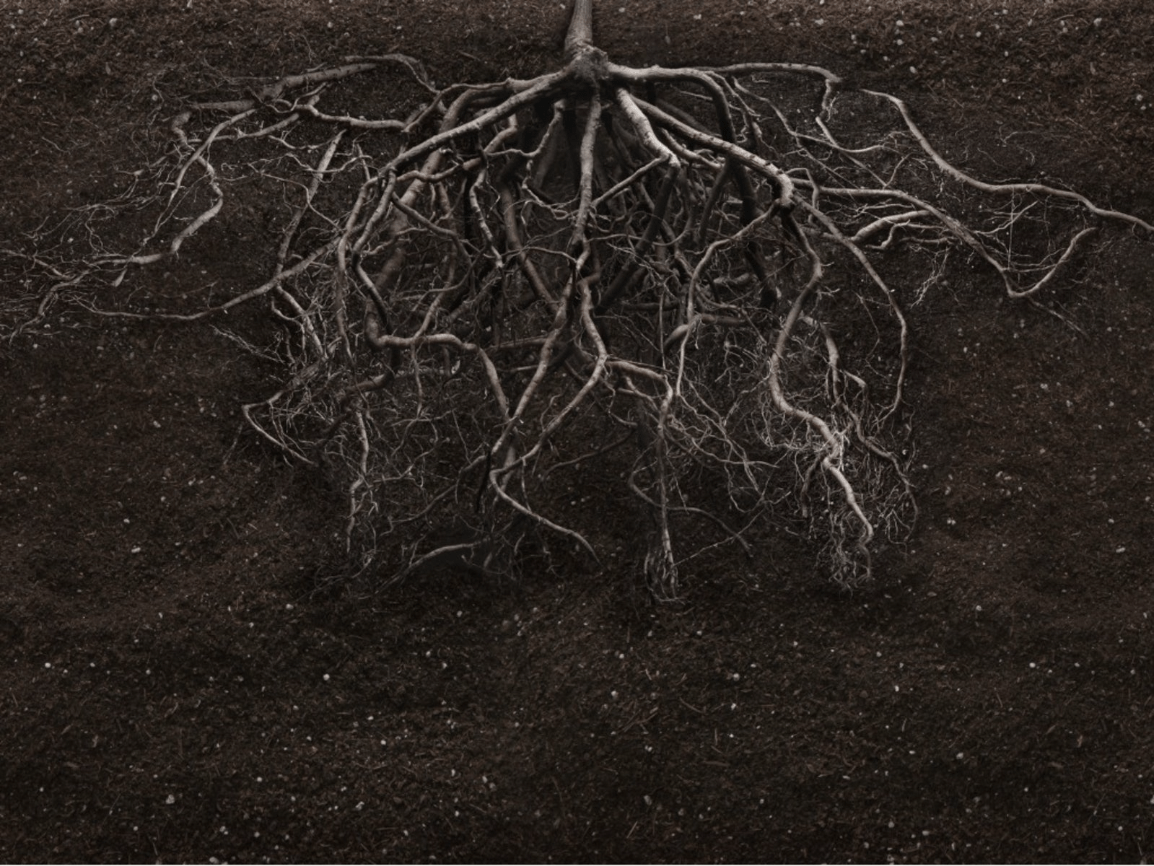
Name two examples of root vegetables.
Common root vegetables include carrots, potatoes, sweet potatoes, and beetroot. Other examples are radishes, parsnips, turnips, onions, garlic and ginger.
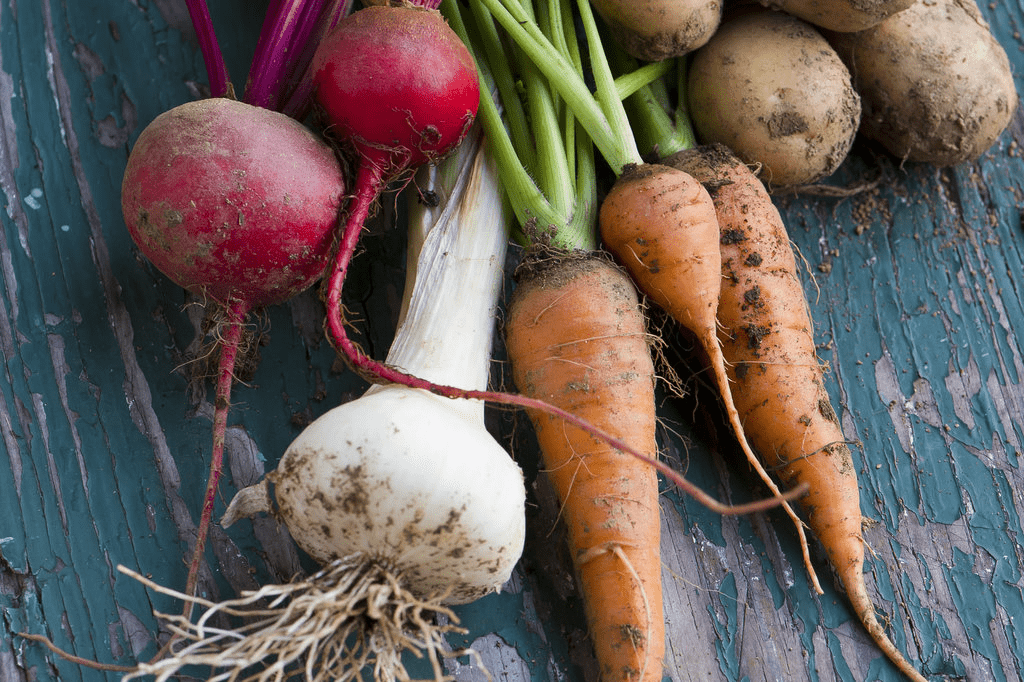
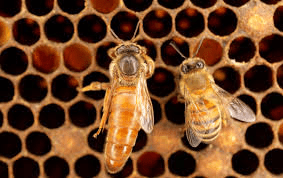 What is the common name for the mother bee in a colony?
What is the common name for the mother bee in a colony?
Queen Bee
What is a microbe?
a) A machine to see what we can't with a naked eye.
b) Microbes come in many forms, including bacteria, fungi, and viruses
c) Describes only types of viruses
d) An extremely small animal
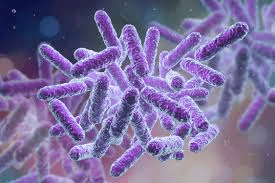
b) Microbes come in many forms, including bacteria, fungi, and viruses.
Many play essential roles in ecosystems, while others can cause disease.
Which of these is an example of a non-flowering plant?
a) Dandelion
b) Pine tree
c) Sunflower
d) Daisy
Answer: b) Pine tree
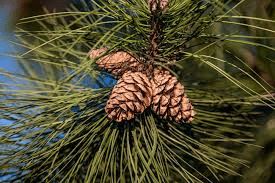
What is pollination?
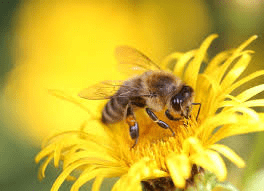
Answer: Pollination is the process by which pollen is transferred from the male part of a flower to the female part, allowing fertilization to take place.
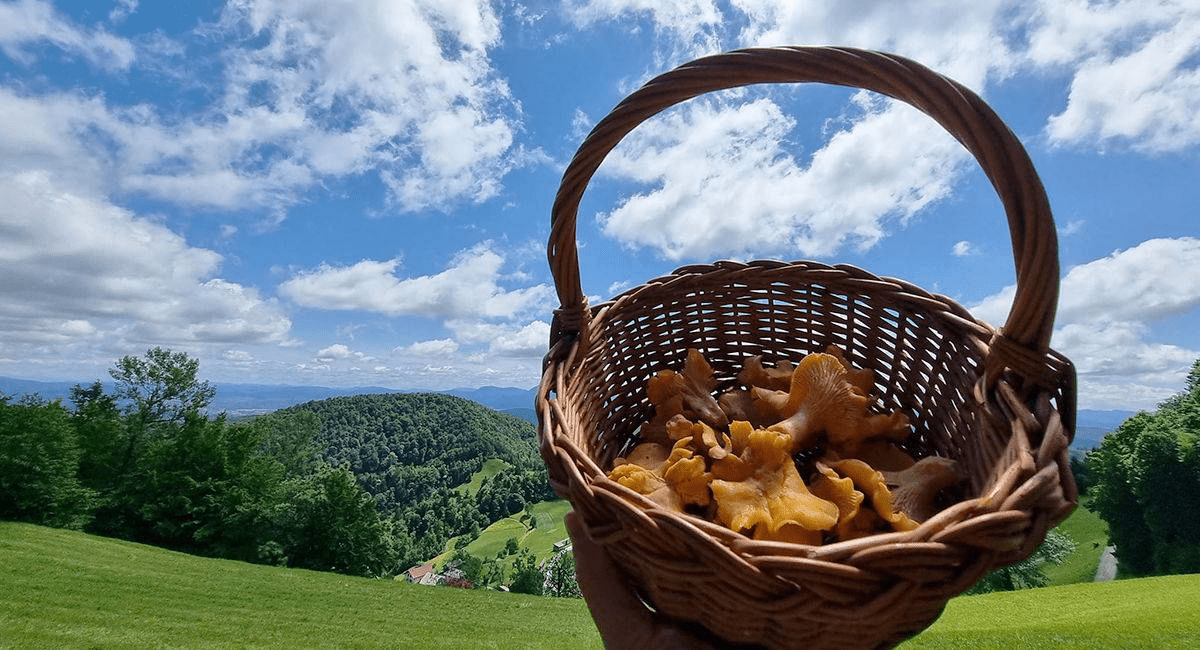
Why should you never eat wild mushrooms unless you’re an expert?
A) They taste bad
B) Many look alike, and some are deadly
C) They are too small
D) Animals don’t like them
B) Many look alike, and some are deadly
Name three edible bulb root-vegetables.
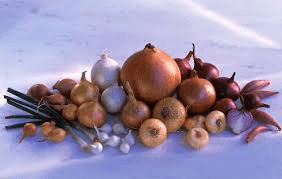
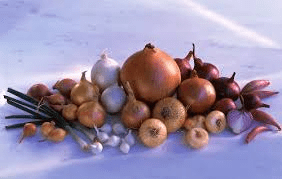
Edible bulb root-vegetables include onions, garlic, shallots, and leeks.
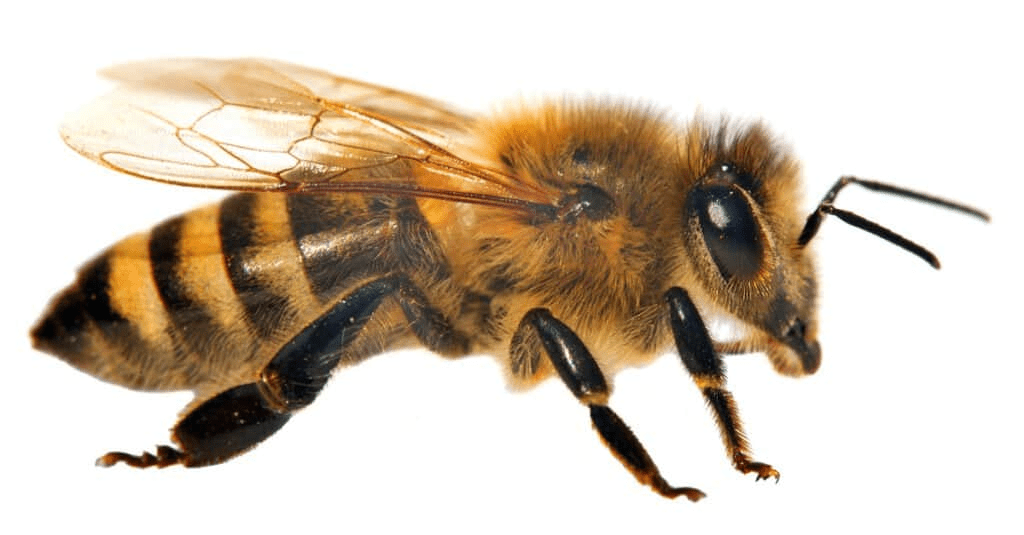
What gender are the worker bees in a honey bee colony?
Female
Point out the part of the microscope that is called the 'stage'.
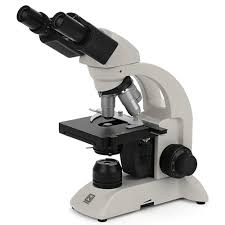

What is a non-flowering plant?
a) A plant that has fruits
b) A plant that does not produce flowers or fruit
c) A plant that grows only in water
d) A plant that only grows in the winter
b) A plant that does not produce flowers or fruit
Which part of a flower produces pollen?
a) The anther, which is part of the stamen, the male reproductive organ.
b) The stigma, which is part of the pistil, the female reproductive organ of a flower.
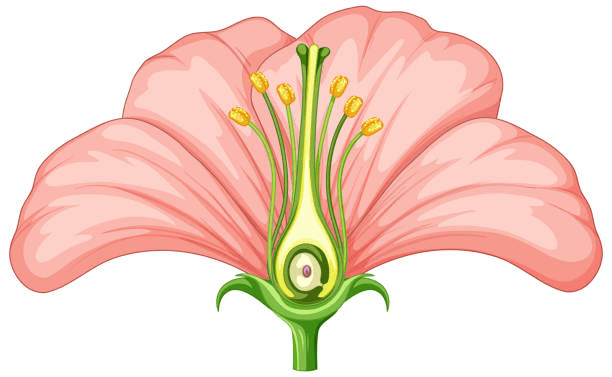
The anther, which is part of the stamen, the male reproductive organ.
True or False:
Mushrooms are a type of flower.
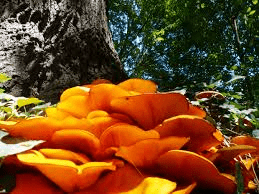
False - mushrooms have their own kingdom and are a type of fungi. The term flowering head can cause misunderstanding, this is the mushrooms cap, that sometimes looks like a flower.
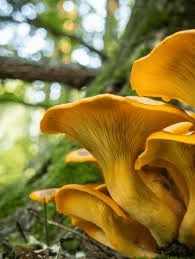
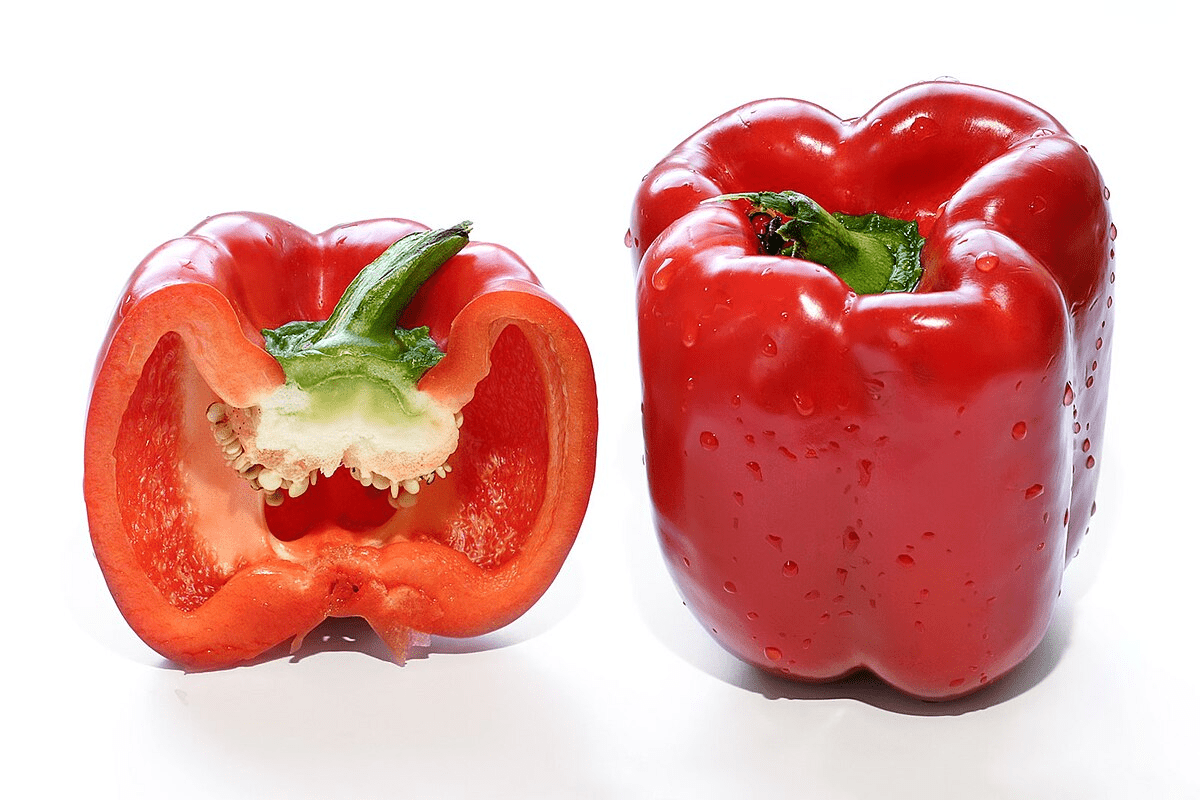
True or false. Peppers are botanically a fruit.
True, they are a fruit.
What is the collective noun for a group of bees living in a hive?
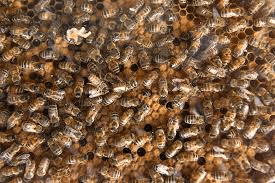
Colony.
How do fungi reproduce?
a) By dividing into two new cells
b) By using spores that spread in the air
b) By using spores that spread in the air.
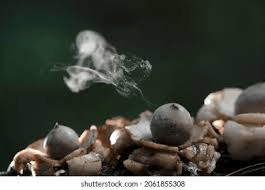
How do non-flowering plants reproduce?
a) By using seeds that come from flowers
b) By producing spores instead of seeds
c) By growing from roots
d) By making fruit
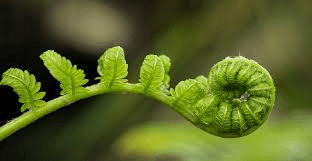
Answer: b) By producing spores instead of seeds
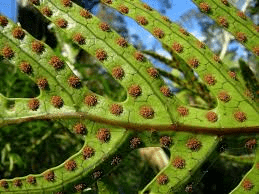
Why is pollination important for humans?
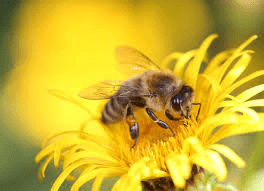
Answer: Pollination is essential for the production of fruits, seeds, and many crops that humans and animals rely on for food.
3. Which of these mushrooms is safe to eat?
A) Fly agaric (red with white spots)
B) Death cap
C) Golden Chanterelle
D) Destroying angel
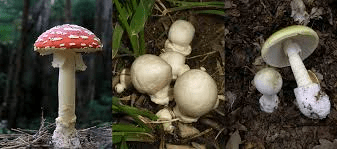
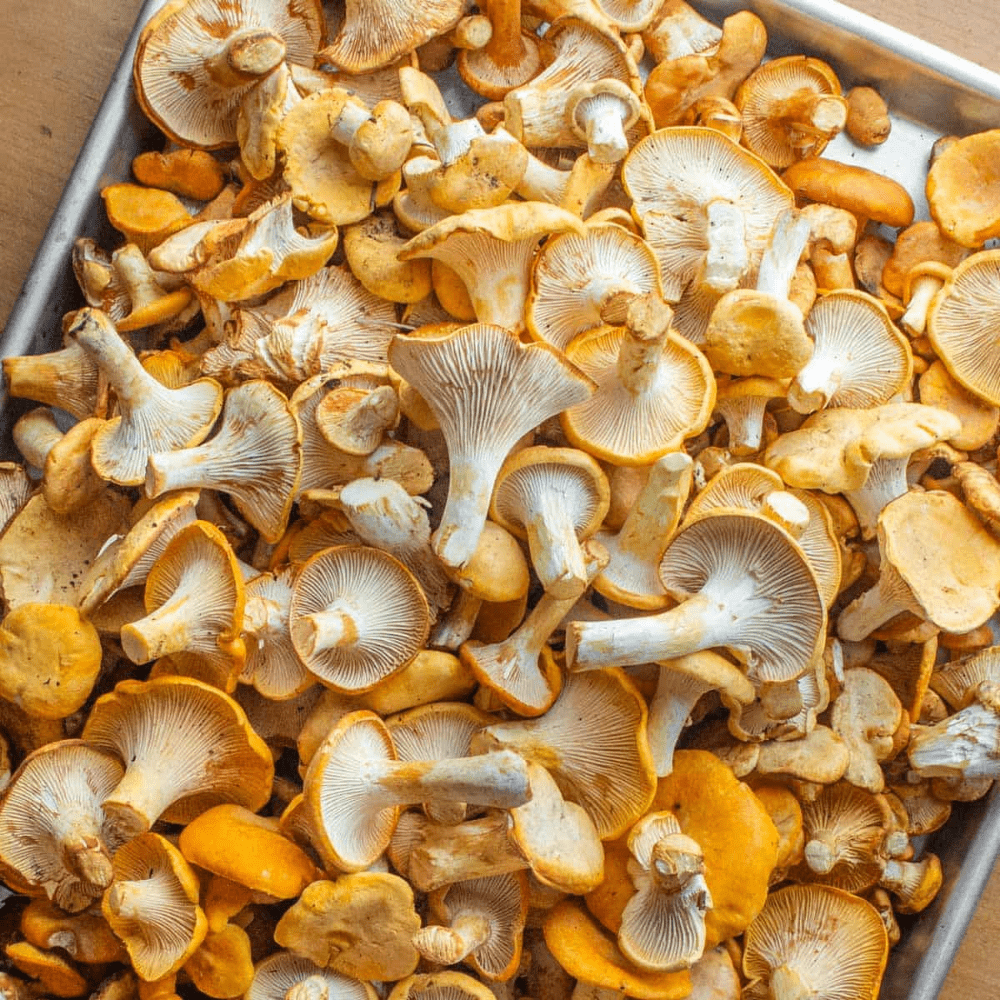
C) Golden Chanterelle
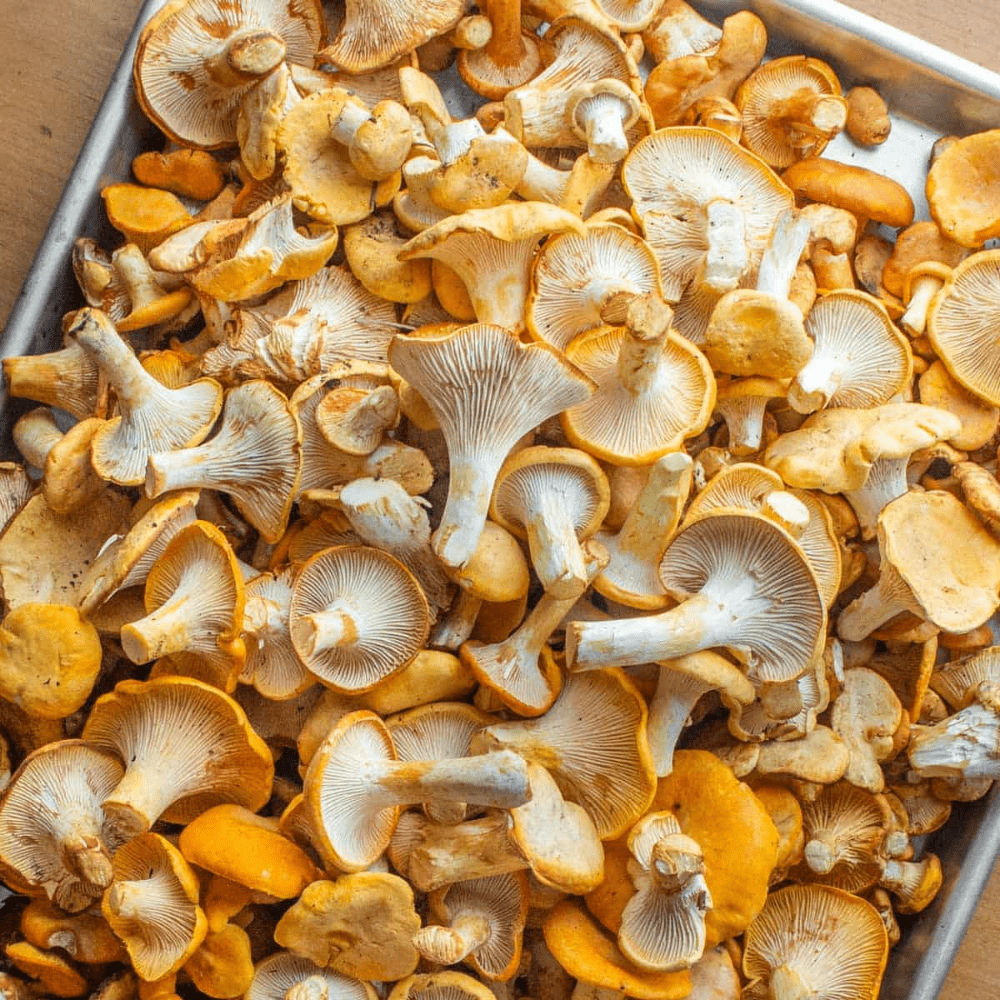
Name this edible fruit used to make syrups, jam and tea.
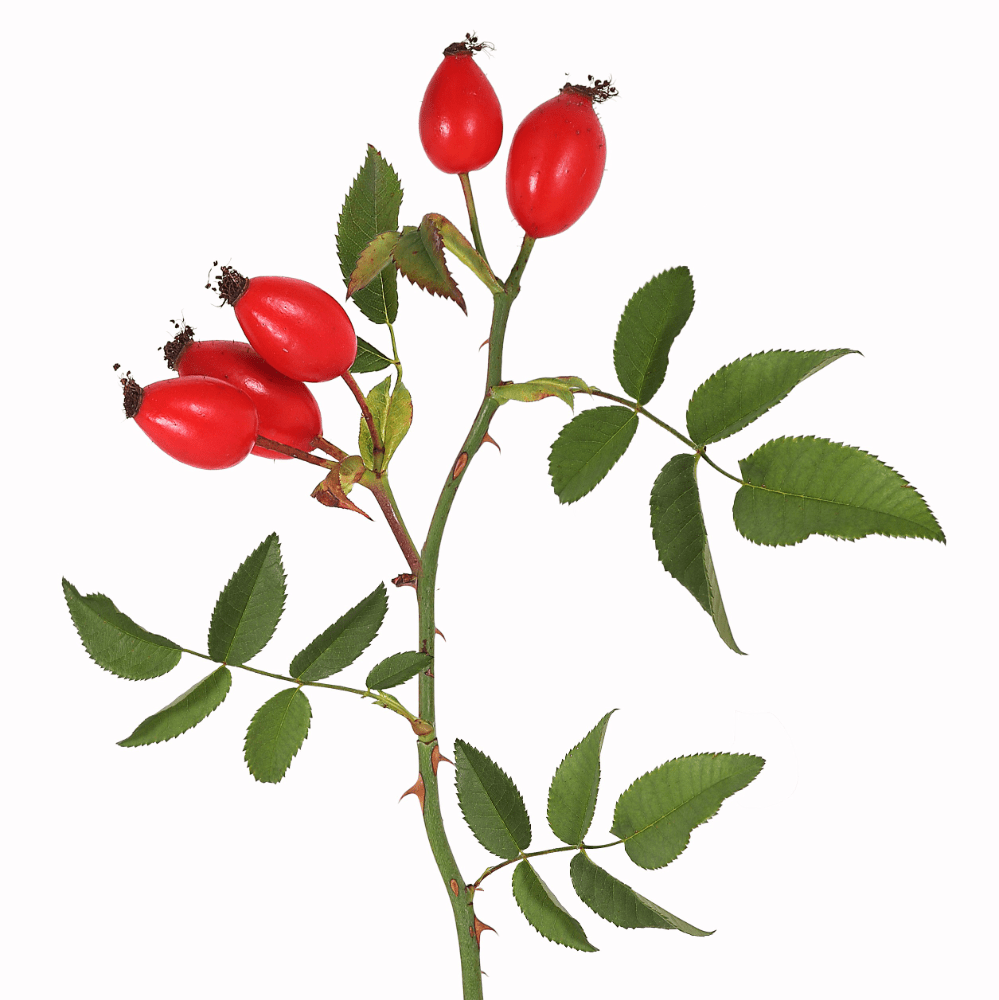
Rosehip.
Name the four stages of a bees life cycle.
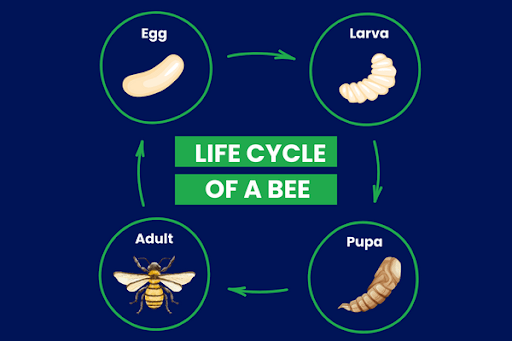
The life cycle of a honey bee has four stages: egg, larva, pupa, and adult.
True or False? Bread can be made from only using flour and water. For example not using eggs or commercial yeast?
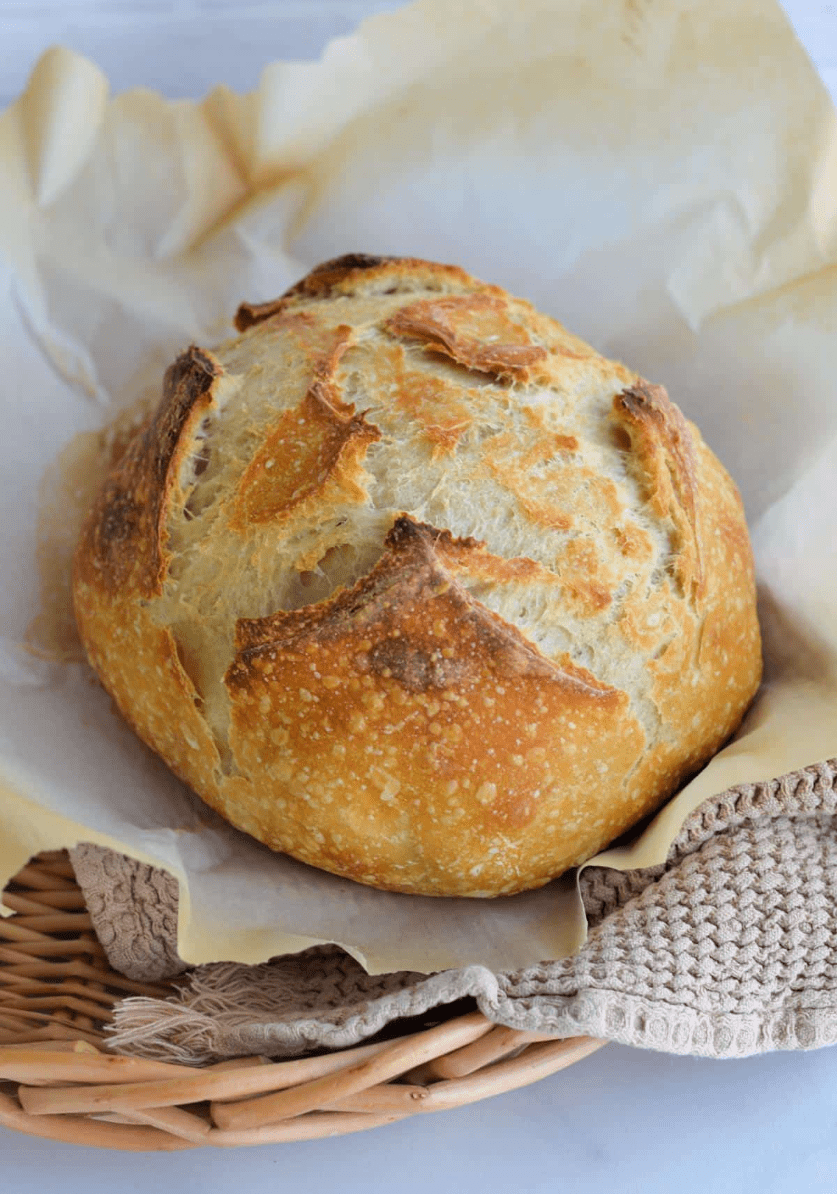
Yes, sourdough bread is made from only using water and flour. A natural bacteria and yeast is formed when equal parts of flour and water are mixed together in a process called fermentation to create what is called a sourdough 'starter'.
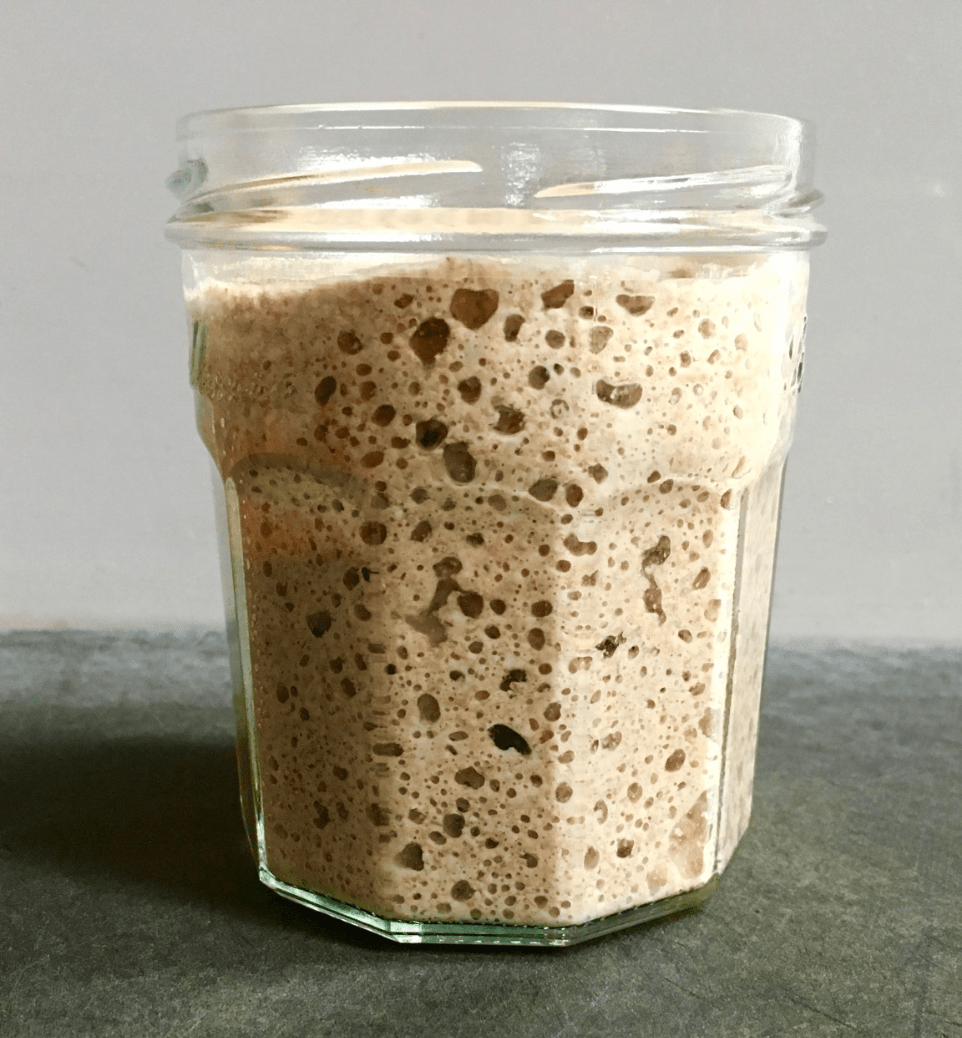
7. Which of these non-flowering plants has naked seeds, but no flowers?
a) Moss
b) Fern
c) Pine tree
d) Grass
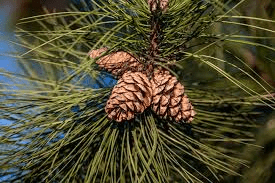 Answer: c) Pine tree
Answer: c) Pine tree
Name four common pollinators begining with the letter B.
Answer: Bees, butterflies, beetles, birds and bats are all examples.
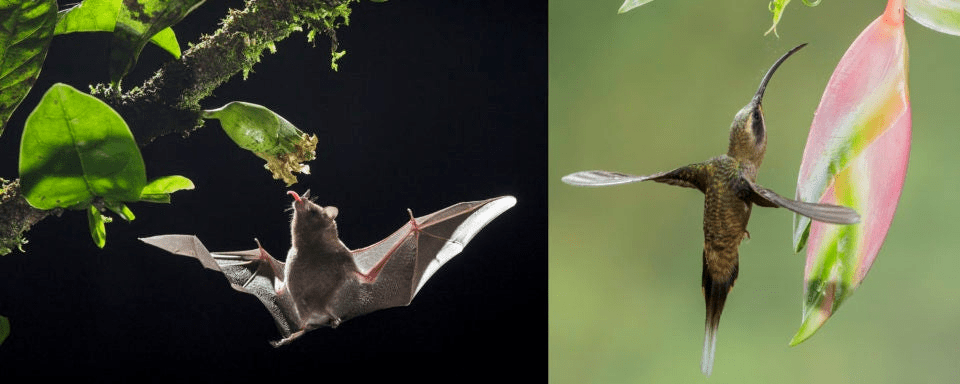
True or False.
The Jack O' Lantern is a poisonous mushroom.
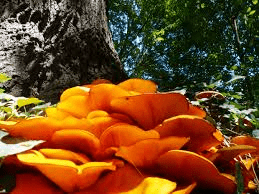
True - It's a poisonous mushroom.
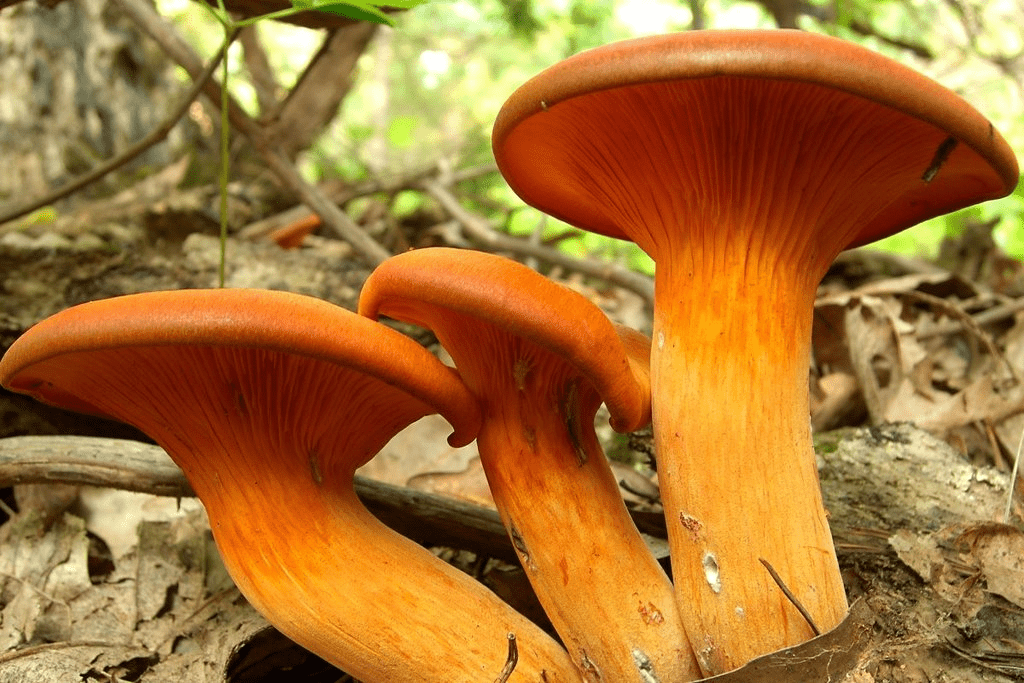
What are legumes?
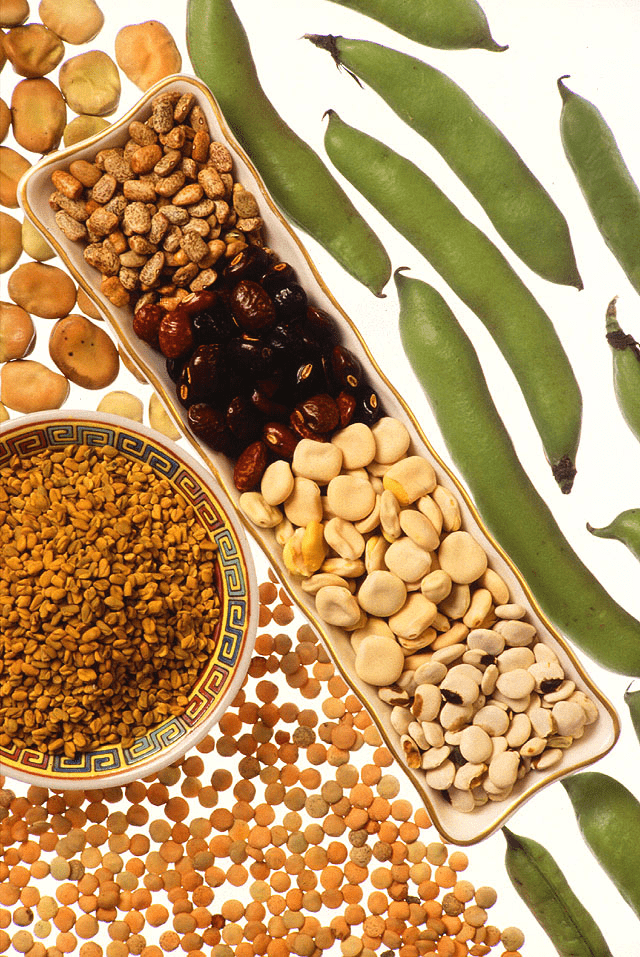
Legumes are plants that produce a pod containing seeds, such as beans, peas, and lentils.
How do bees in the hive communicate to each other?
Bees communicate through movement, and odour. For example the waggle dance.

What is the main difference between bacteria and viruses?
a) Bacteria are smaller than viruses
b) Viruses cannot reproduce on their own, but bacteria can
c) Bacteria can only live in humans, viruses cannot
d) Viruses can be seen with the naked eye, but bacteria cannot
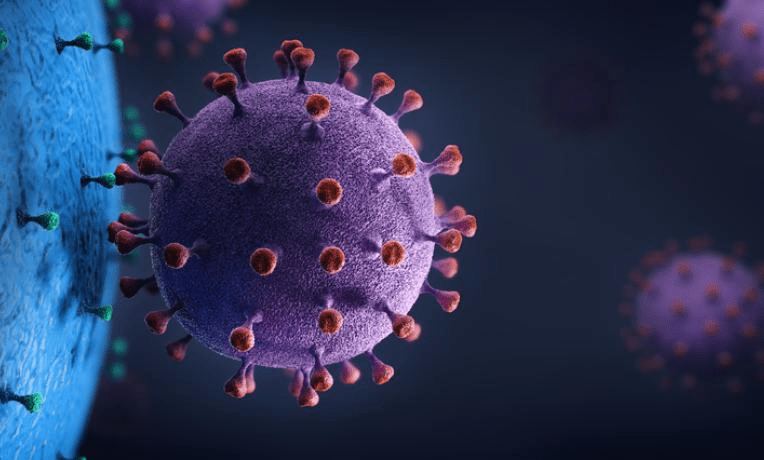
b) Viruses cannot reproduce on their own, but bacteria can.(Viruses need a host, such a living cell)
What are Cryptogams?
a) Cryptogams are a group of organisms that reproduce using naked seeds from pine cones
b) Cryptogams are a group of organisms that reproduce using spores instead of seeds, flowers and fruits
Answer is b) Cryptogams are a group of organisms that reproduce using spores instead of seeds, flowers and fruits.
(Examples are fungi, moulds, algae, lichens, mosses, and ferns.)
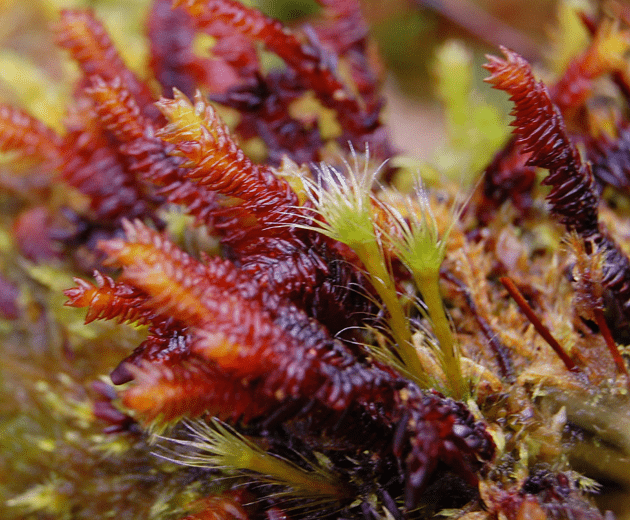
Give one example of a plant mostly pollinated by wind and one mostly by insects.
Answer:
Wind-pollinated: Wheat, dendelion, corn, oak, pine, and grass are some examples.
Insect-pollinated: Sunflower, rose, pear, apple. (also most flowering plants)
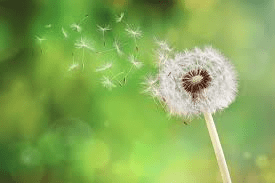
What is mycelium?
A) The seed of a mushroom
B) The underground “roots” of fungi made of tiny threads
C) The mushroom’s cap
D) The part that releases smell
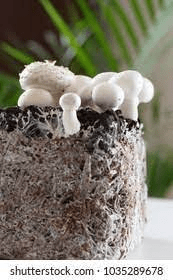
B) The underground “roots” of fungi made of tiny threads
